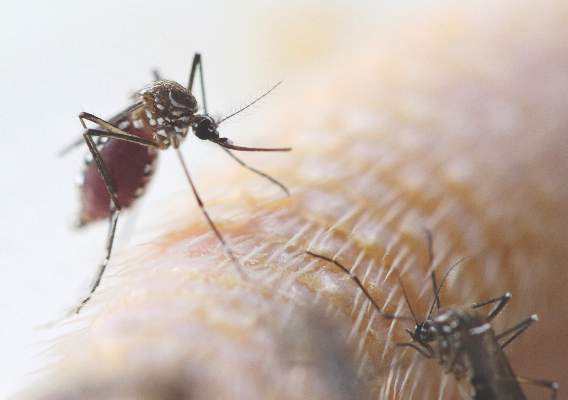FROM SCIENCE ADVANCES
Data collected by a telephone-based hotline system can be used to effectively predict outbreaks of dengue in developing countries weeks ahead of time, according to researchers in Pakistan.
After an outbreak of dengue in Lahore, Pakistan, in 2011, a phone-based helpline system was set up by the province of Punjab to combat the epidemic and to improve surveillance and rapid response capabilities. The system received more than 300,000 calls from September 2011 through the end of 2013, and during the three peaks of dengue cases during that time, calls to the help center strongly correlated to an increase in suspected dengue cases.
While calls correlated to outbreaks, the call system alone left some gaps. During the first peak in 2013, when campaign awareness activity was low, comparatively fewer calls were received. The model used in Punjab also factored in weather, and successfully predicted increases in dengue cases at a subcity level 2-3 weeks in advance. As a result, total case incidence in Punjab decreased from 21,000 in 2011 to 257 in 2012 and to 1,600 in 2013.
“Our system has helped public health officials to take early actions to contain the spread of the disease and provide hospitals an early warning of dengue cases in their vicinity. We believe that this system can also be used for a broad array of diseases beyond dengue and can easily be replicated in other developing countries at low costs,” the investigators concluded.
Read the full study in Science Advances ( doi: 10.1126/sciadv.1501215 ).




